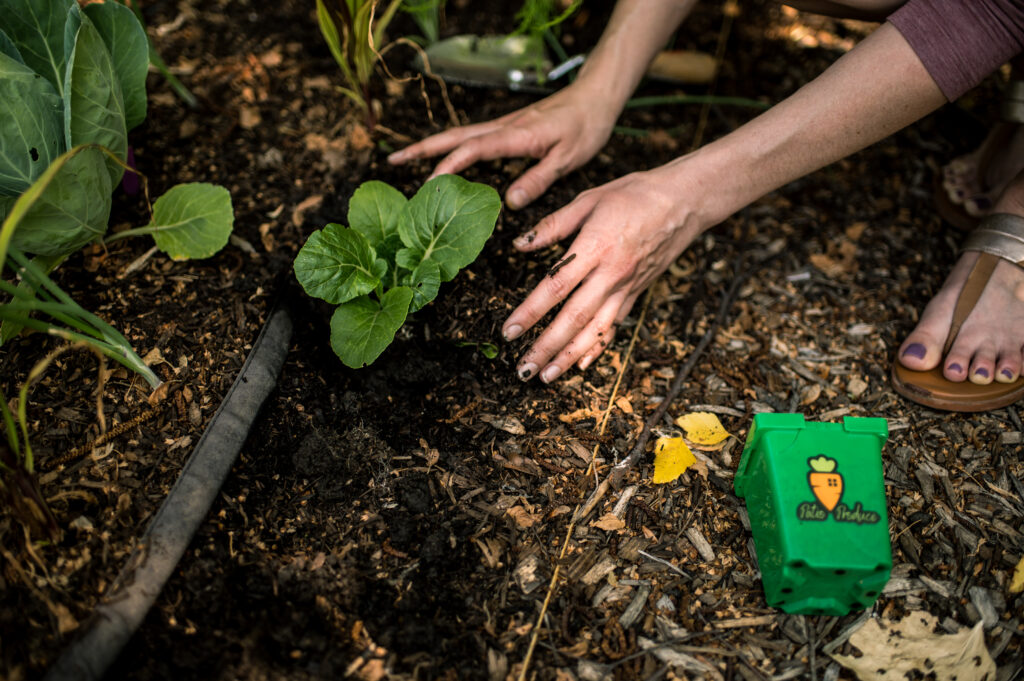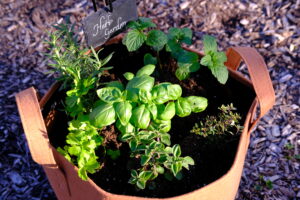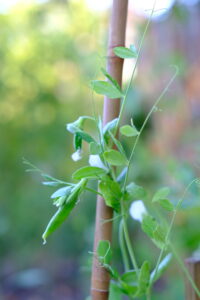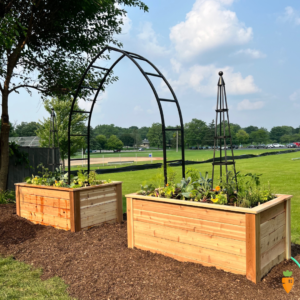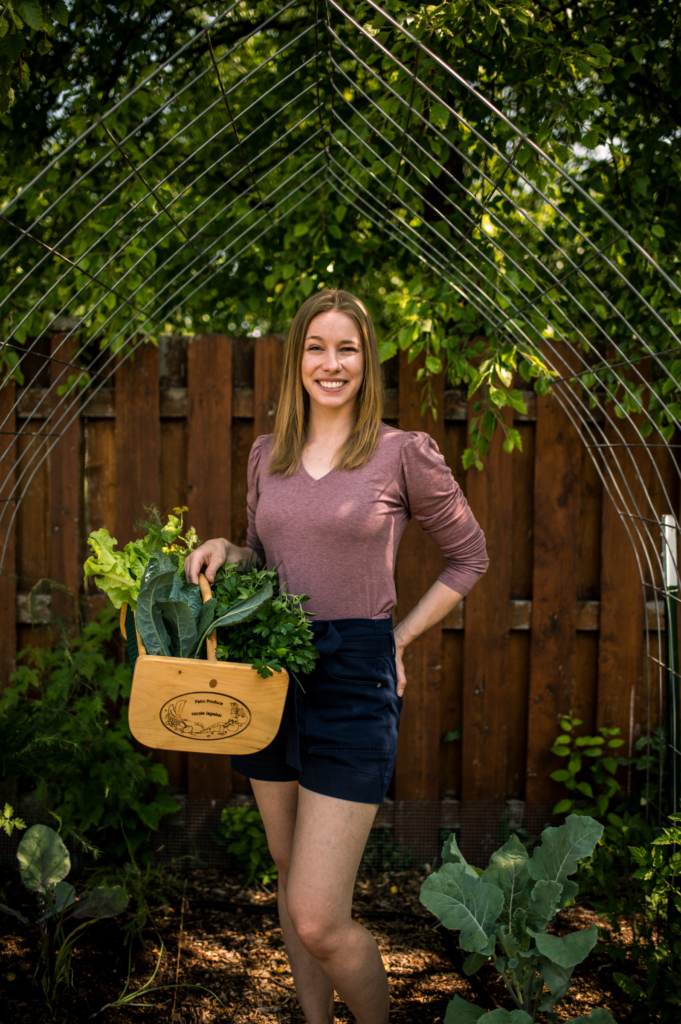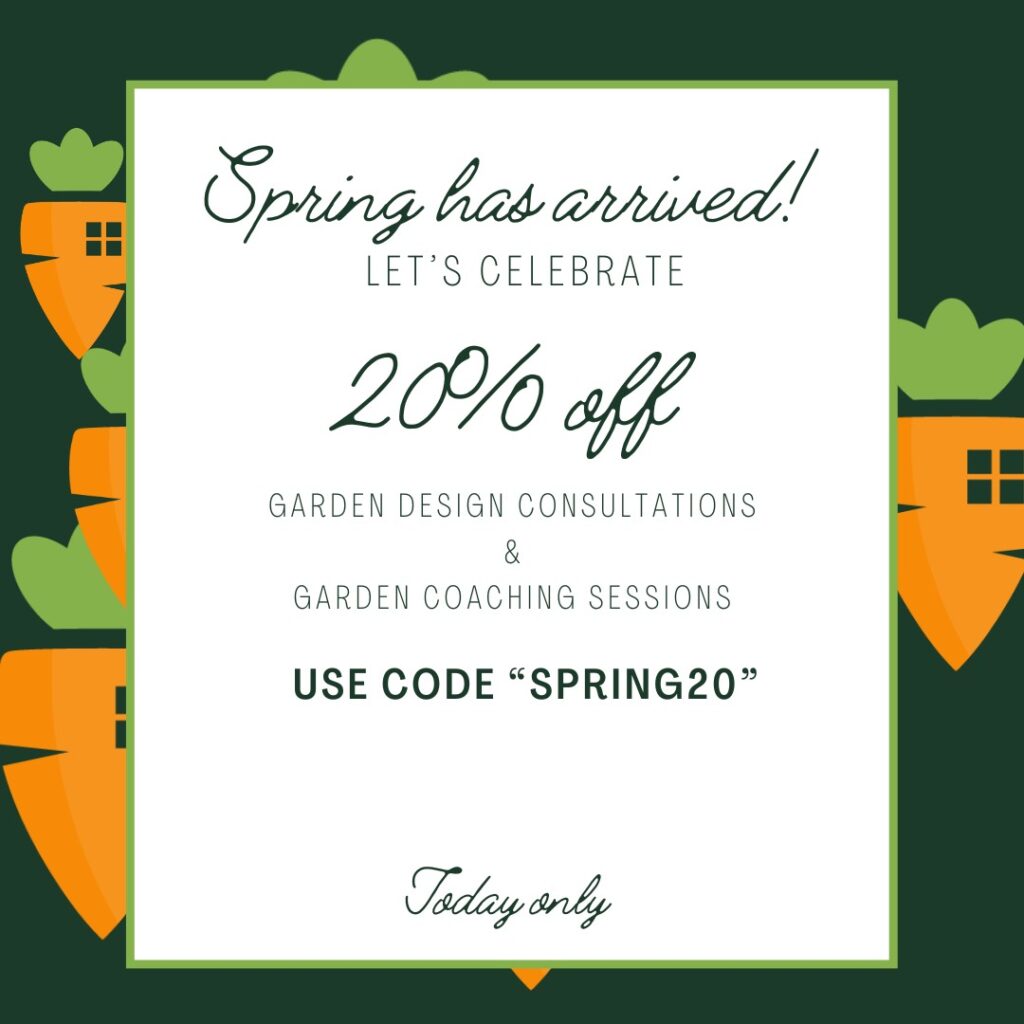If you’ve been thinking about ways to boost your garden’s productivity while also nurturing your own health, let me introduce you to one of the most powerful tools at your fingertips:
👉 Compost
Compost feeds your kitchen garden’s soil, which feeds your veggies and herbs, which feeds you!
Let’s dig into how composting works, why it’s so beneficial, and how it can help you grow the most nutrient-rich veggies and herbs to support your well-being. |
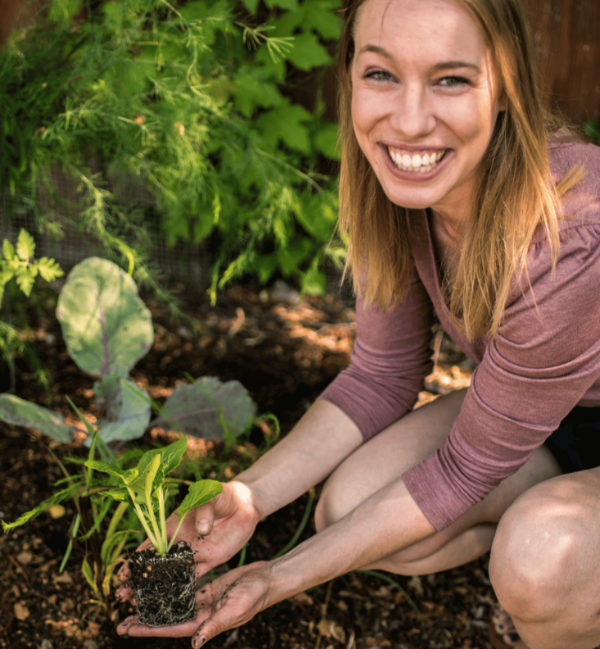 |
What is Compost and Why Does It Matter?
Compost is essentially decomposed organic matter—think kitchen scraps, leaves, and grass clippings—that, when added to your garden, turns into nutrient-rich “black gold.” It’s packed with essential nutrients like nitrogen, potassium, and phosphorus, all of which your plants need to grow strong and healthy.
Plus, compost improves soil structure, retains moisture, and encourages healthy root development. Adding compost to your garden is like giving it a premium multivitamin!
How Compost Improves Your Health
Here’s where the magic happens: healthier soil equals healthier plants, and healthier plants equal healthier you!
When you use compost to nourish your soil, your garden’s veggies and herbs are packed with more vitamins, minerals, and nutrients.
(Nerd Alert! A study published in the Journal of Plant Nutrition found that adding compost to a garden increased the nutrient content of spinach and lettuce, particularly enhancing levels of essential minerals like potassium, calcium, and magnesium.) |
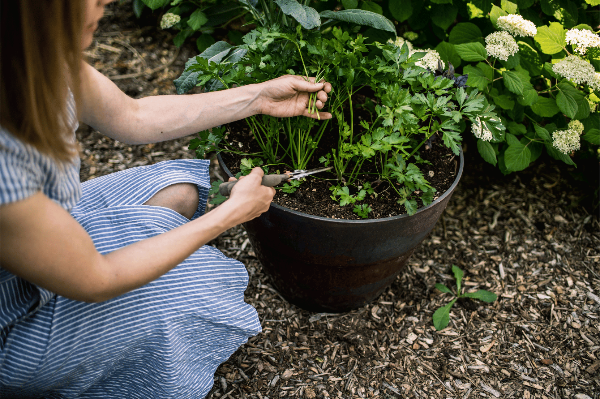 |
When you’re eating produce grown in nutrient-rich soil, your body benefits in so many ways:
How to Start Composting
Starting a compost pile or bin is easier than you might think, and you don’t need a ton of space. Here’s how to get started:
1. Collect Organic Materials: Start by collecting kitchen scraps (like fruit and veggie peels, coffee grounds, and eggshells) and garden waste (like grass clippings, leaves, and disease-free plant trimmings).
2. Balance Greens and Browns: A good compost pile has a balance of “greens” (nitrogen-rich materials like veggie scraps) and “browns” (carbon-rich materials like dry leaves or cardboard). Layer them to get the best results.
3. Turn It Regularly: Aerating your compost by turning it once a week helps it break down faster and keeps it from smelling funky.
4. Use it in Your Garden: Once your compost is dark and crumbly, it’s ready to use! Spread it around your plants, mix it into the soil, or use it to top-dress your garden beds when you plant your fall salad garden. |
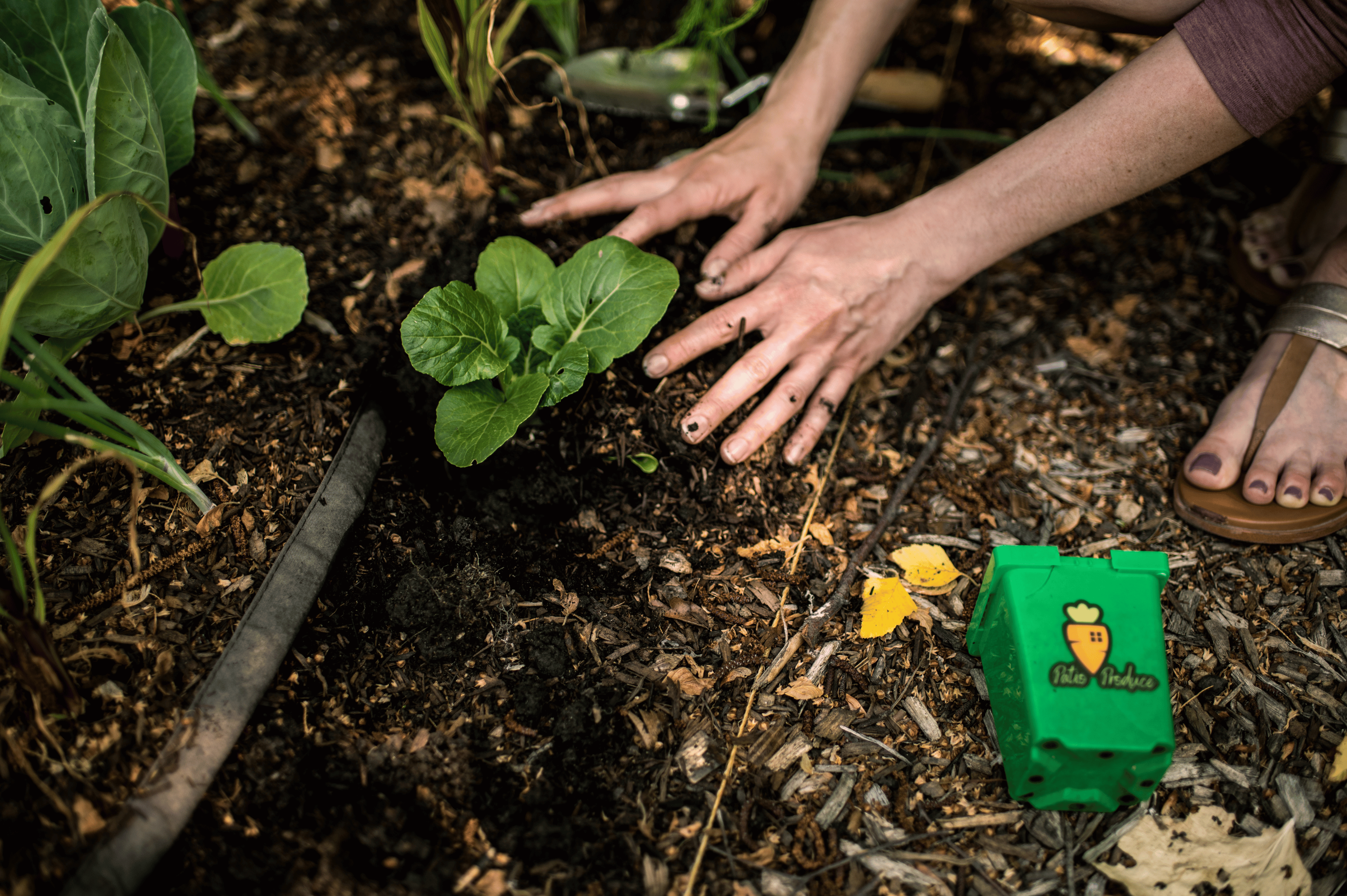 |
Composting and Your Health
By enriching your garden with compost, you’re setting yourself up for healthier, more vibrant harvests. The food you grow will be more nutrient-dense, supporting everything from your immune system to your energy levels.
And the process itself is rewarding—it’s a gentle reminder that nature provides everything we need to care for both ourselves and the planet.
Keep in Touch!
Are you already composting, or are you thinking about starting? I’d love to hear about your experiences! If you have any questions or need tips on how to get the best results, feel free to reach out—I’m here to help.
And of course, if you’re looking for design ideas for your kitchen garden, I’m here for you! Fall is the perfect time to have your kitchen garden designed or installed so you’ll be ahead of the game when spring comes around. |
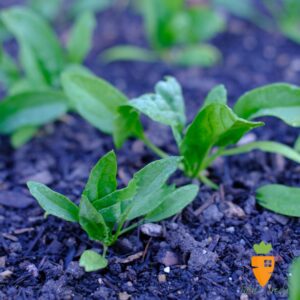
5 Nutrient-Packed Salad Greens You Can Grow in April
Can you feel it? As our calendars turn to April, our days are slowly getting longer, warmer, and sunnier. Are you starting to feel the
